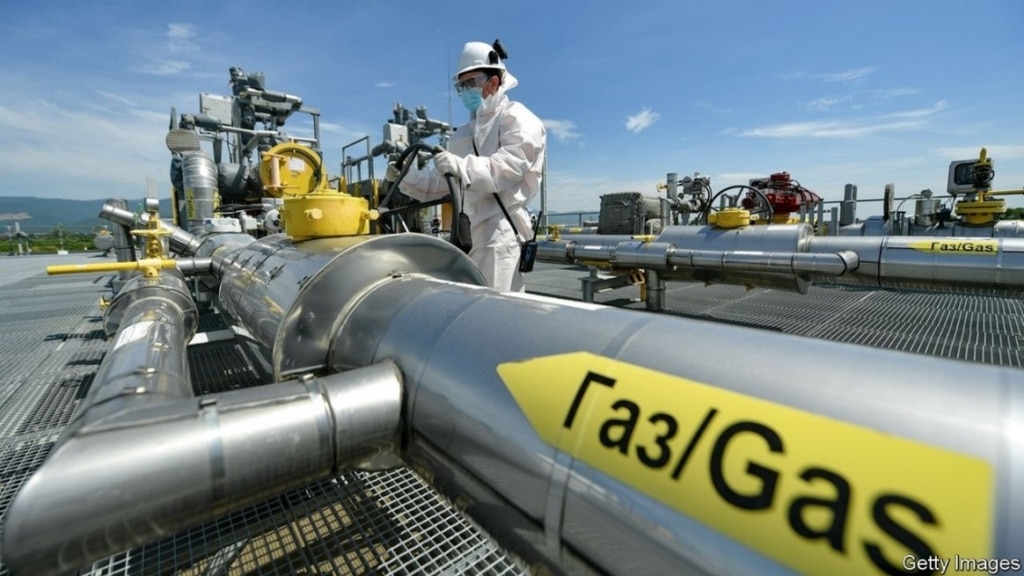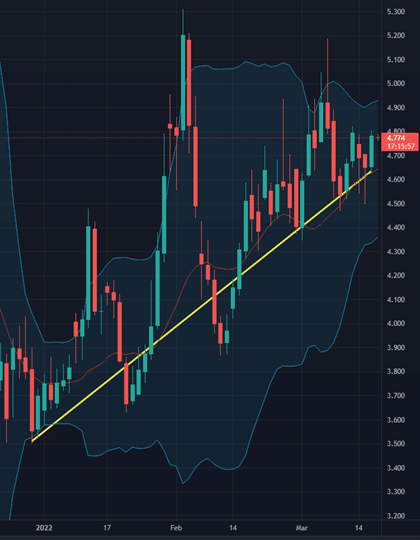- Trading
- Trading
- Markets
- Markets
- Products overview
- Forex
- Commodities
- Metals
- Indices
- Shares
- Cryptocurrencies
- Treasuries
- Platforms
- Platforms
- Platforms
- Platforms
- Platforms overview
- MetaTrader 4
- MetaTrader 5
- Education
- Education
- Education
- Education
- News & analysis
- Education Hub
- Economic calendar
- Help & support
- Help & support
- About
- Trading
- Trading
- Markets
- Markets
- Products overview
- Forex
- Commodities
- Metals
- Indices
- Shares
- Cryptocurrencies
- Treasuries
- Platforms
- Platforms
- Platforms
- Platforms
- Platforms overview
- MetaTrader 4
- MetaTrader 5
- Education
- Education
- Education
- Education
- News & analysis
- Education Hub
- Economic calendar
- Help & support
- Help & support
- About
- Home
- News & Analysis
- Economic Updates
- How has Natural Gas been affected by Sanctions?
- Home
- News & Analysis
- Economic Updates
- How has Natural Gas been affected by Sanctions?
 News & AnalysisNews & Analysis
News & AnalysisNews & Analysis
Natural gas like many other energy sectors, is not bulletproof when it comes down to volatility. It’s not hard to imagine that any destabilization of large producers or consumers within the industry would have a direct impact in its spot price, as investors are spooked of the possibility of supply chains suffering from strains in Geopolitical relationships between once happy partners. It is then a cost that is passed down to stakeholders as the only way to limit the damage and guarantee that firms stay profitable through a turbulent time.
Natural Gas Futures Pop Back as War in Ukraine Smoulders, Supply Questions Fester
Natural gas futures advanced Wednesday, rebounding from a two-day slump, as hints of late-March cold and lingering global supply issues caught traders’ attention. The April Nymex gas futures contract climbed 18.0 cents day/day and settled at $4.748. May rose 16.7 cents to $4.784.
NGI’s Spot Gas National Avg. ticked up 9.0 cents to $4.165.
Weather models continued to show pleasant conditions – and modest heating demand – for the second half of March. However, forecasts advertised somewhat chillier air developing near the end of the month, according to NatGasWeather.
Europe is moving with haste to rebuild stockpiles of gas amid the war, looking to the United States and other Western sources to minimize its dependence on Russia in protest of the war. The European Commission this week approved a fourth round of sanctions against Russia, including bans on new investment in the Russian energy sector. The penalties, however, do not restrict oil and gas purchases – at least not yet, said Rystad Energy analyst Kaushal Ramesh.
In the near term, Europe still relies on Russia for about one-third of its gas.
“UK and Lithuania are so far the only countries in Europe that have declared Russian vessels or cargoes unwelcome,” Ramesh said Wednesday.
Is Africa Europe’s solution to its Gas supply deficit?
With a calamitous energy crisis unfolding, Germany has announced it will join the bandwagon of nations rolling back their climate goals by increasing its use of coal, which overtook wind to become the biggest input for electricity production globally in 2021. Indeed, Germany is left with little choice than to burn lignite in its power plants.
Vijaya Ramachandran, director for energy and development at the Breakthrough Institute, Berlin, should look to Africa if it’s serious about achieving energy security. Ramachandran notes that the continent is endowed with substantial natural gas production, reserves, and new discoveries in the process of being tapped. Very little of Africa’s gas has been exploited, either for domestic consumption or export.
Algeria is already an established major gas producer with substantial untapped reserves and is connected to Spain with several undersea pipelines. Germany and the EU are already working to expand pipeline capacity connecting Spain with France, from where more Algerian gas could flow to Germany and elsewhere. Libyan gas fields are connected by pipeline to Italy. In both Algeria and Libya, Europe should urgently help tap new fields and increase gas production. New pipelines under discussion currently focus on the Eastern Mediterranean Pipeline Project, which would bring gas from Israel’s offshore gas fields to Europe.
Luckily for Germany and other stranded EU nations, Ramachandran says LNG loading ports can be built reasonably quickly in Africa, with the Greater Tortue Ahmeyin field, an offshore gas deposit straddling the maritime border between Senegal and Mauritania, a prime example. When the field comes online next year, it will place the two west African nations among Africa’s top gas producers. Floating liquefaction plants above the offshore gas field produce, liquefy, store, and transfer the gas to LNG tankers that ship it directly to importing countries. While the initial production from this field will be small, it is slated to double in a few years, and the field sits within a larger basin of natural gas with substantially greater reserves.
Elsewhere in Africa, too, gas production will continue to expand as projects in Tanzania, Mozambique, and other countries come online in the next few years.
The price of Spot Natural gas (NGAS) sits today at $4.76 USD

Gas like any other commodities at this present time is volatile to trade, it creates ample opportunities to trade for investors, which should do their due diligence prior to trading this asset. We have recently added Natural Gas NGAS to our lists of assets and you are able to trade this and other commodities on our CFD platform by opening a MT5 account here.
Sources: www.naturalgasintel.com, markets.businessinsider.com, finance.yahoo.com (Alex Kimani for Oilprice.com)
The information provided is of general nature only and does not take into account your personal objectives, financial situations or needs. Before acting on any information provided, you should consider whether the information is suitable for you and your personal circumstances and if necessary, seek appropriate professional advice. All opinions, conclusions, forecasts or recommendations are reasonably held at the time of compilation but are subject to change without notice. Past performance is not an indication of future performance. Go Markets Pty Ltd, ABN 85 081 864 039, AFSL 254963 is a CFD issuer, and trading carries significant risks and is not suitable for everyone. You do not own or have any interest in the rights to the underlying assets. You should consider the appropriateness by reviewing our TMD, FSG, PDS and other CFD legal documents to ensure you understand the risks before you invest in CFDs. These documents are available here.
#Economy #Economics #Finance #MarketsNext Article
Markets continue to consolidate after the Federal Reserve increased interest rates
US markets continued their gains overnight as the market continued to rally on the back of the prior day’s Federal Reserve news. The Nasdaq finished up 1.33%. The Dow Jones Index closed 1.23% higher and the S&P 500 ended the session 1.23% higher as well. In Europe, the FTSE performed well finishing up and 1.28%, and the DAX closed at 0.36% lo...
March 18, 2022Read More >Previous Article
Inflation fears leads to a Bearish equity market
Equity investors have gone through another rocky week. A week highlighted by the first post-pandemic interest rate hike by the US Federal Reserve, the...
March 17, 2022Read More >Please share your location to continue.
Check our help guide for more info.

- Trading
